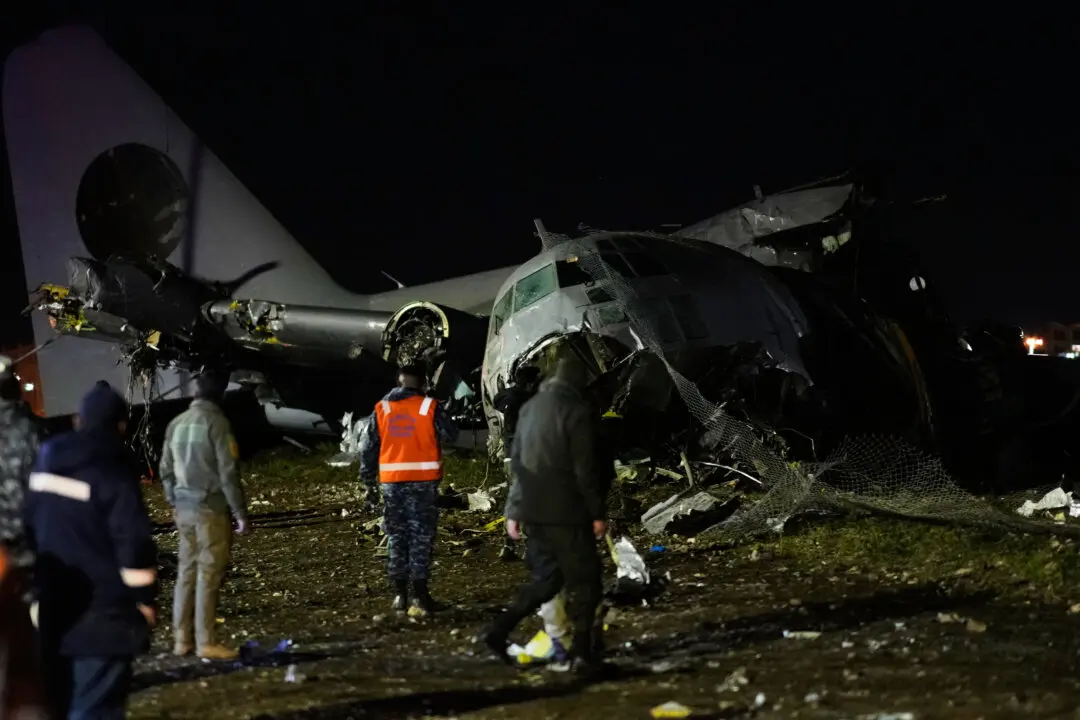Dozens of demonstrators were killed across Iraq on Thursday and Friday as violent protests against government corruption swelled into a mass uprising sweeping much of the country, the worst unrest since the defeat of the ISIS terrorist group.
Prime Minister Adel Abdul Mahdi called for calm but protesters scorned his promises of political reform. The country’s most influential cleric pinned the blame for the violence on politicians who had failed to improve the lives of the public, and ordered them to meet the protesters’ demands.





